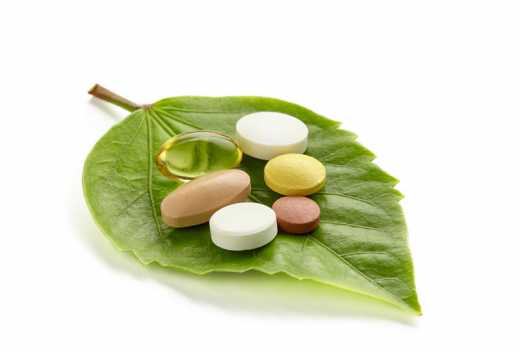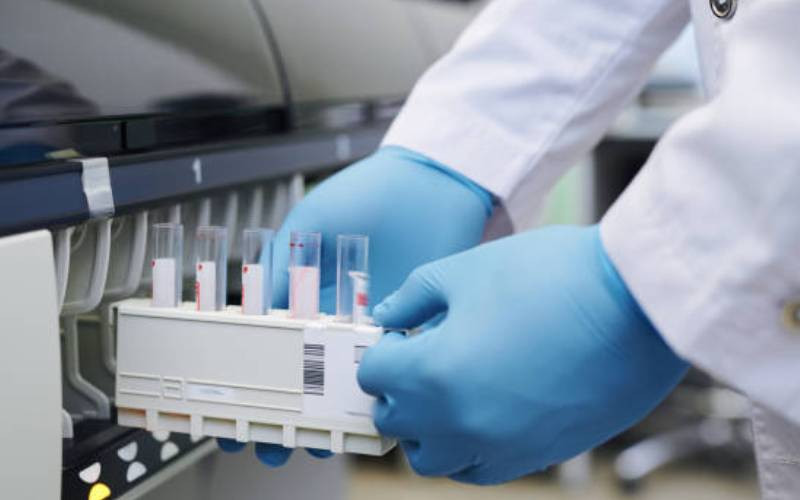
A dangerous fungi that causes meningitis is just one of the toxins that you could be taking in your daily dosage of herbal medication.
While herbal medicine may be preferred for their affordability and ‘effectiveness’, you may actually end up spending more on treatment due to other opportunistic ailments that may result from fungal infection through the medicine.
New findings have shown that most of the herbal products in the country, at almost 70 per cent do not comply with the fungal acceptable limits as required internationally.
The limits should not be to levels of disease causing. Ideally, some medicines like penicillin do contain fungus as some of their components.
But a newly published research led by Kenya Medical Research Institute (Kemri) scientists has revealed that just 31 per cent of herbal medicine do meet the microbial limits required for their efficacy.
Of great concern, reads the research paper authored lead researcher Dr Lucia Keter, was the isolation of Cryptococcus neoformans which the paper describes as a highly pathogenic fungus that mainly affects the lungs, central nervous systems of persons with compromised immunity.
Keter said the above fungus is also behind meningitis.
“So you can imagine, someone somewhere is sick and is taking something that will make them even sicker,” explained Keter.
Keter however noted that some of the microbial organisms in the herbal medicine may not be toxic after all depending on one’s strength of their immune system.
“But there is a reason to worry considering some people may have a weak immune system and others are of advanced age,” she said.
The research sampled herbal medicine in Eldoret and Mombasa counties by buying them from hawkers, street vendors, herbal clinics and manufacturers.
The two towns, the paper said, were chosen because of their extreme weather conditions as Eldoret is cold and Mombasa is hot.
The drugs were then incubated for 72 hours before analysis was done where fungus started growing after 12 hours in some of the drugs.
What brings in the contamination, according to the research paper include the way the medicine is cultivated, harvested, stored, processed and its handling during distribution as there are no effective sanitary control measures.
A common example, Keter noted is how difficult it is to dry medicinal plants-for those that require drying.
“Of concern there also is the professionalism of practitioners in terms of quality, efficacy and safety of their treatment methods and products from herbal and natural sources available in the market,” read the paper titled Risk of Fungi Associated with Alatoxin and Fumonism in Medicinal Herbal Products in the Kenyan Market.
It added: “Fungal contamination of herbal products chiefly occur during a slow drying process as a result of inadequate drying or during postharvest storage if relative humidity is high or if temperatures are favorable.”
The fungal contaminants, the paper added, are primarily environmental acquired from soil and air.
“Such contaminated products may cause fungal infection or other serious health complications as a result of accumulation of toxins from toxin producing fungi,” the paper noted.
Herbal medicine in powder form was the most contaminated at over 80 per cent in both towns (but more in Eldoret) followed by those in liquid form and tablets.
Herbal oil and capsule products had no indications of contamination.
 The Standard Group Plc is a multi-media organization with investments in media platforms spanning newspaper print
operations, television, radio broadcasting, digital and online services. The Standard Group is recognized as a
leading multi-media house in Kenya with a key influence in matters of national and international interest.
The Standard Group Plc is a multi-media organization with investments in media platforms spanning newspaper print
operations, television, radio broadcasting, digital and online services. The Standard Group is recognized as a
leading multi-media house in Kenya with a key influence in matters of national and international interest.











